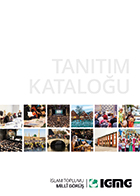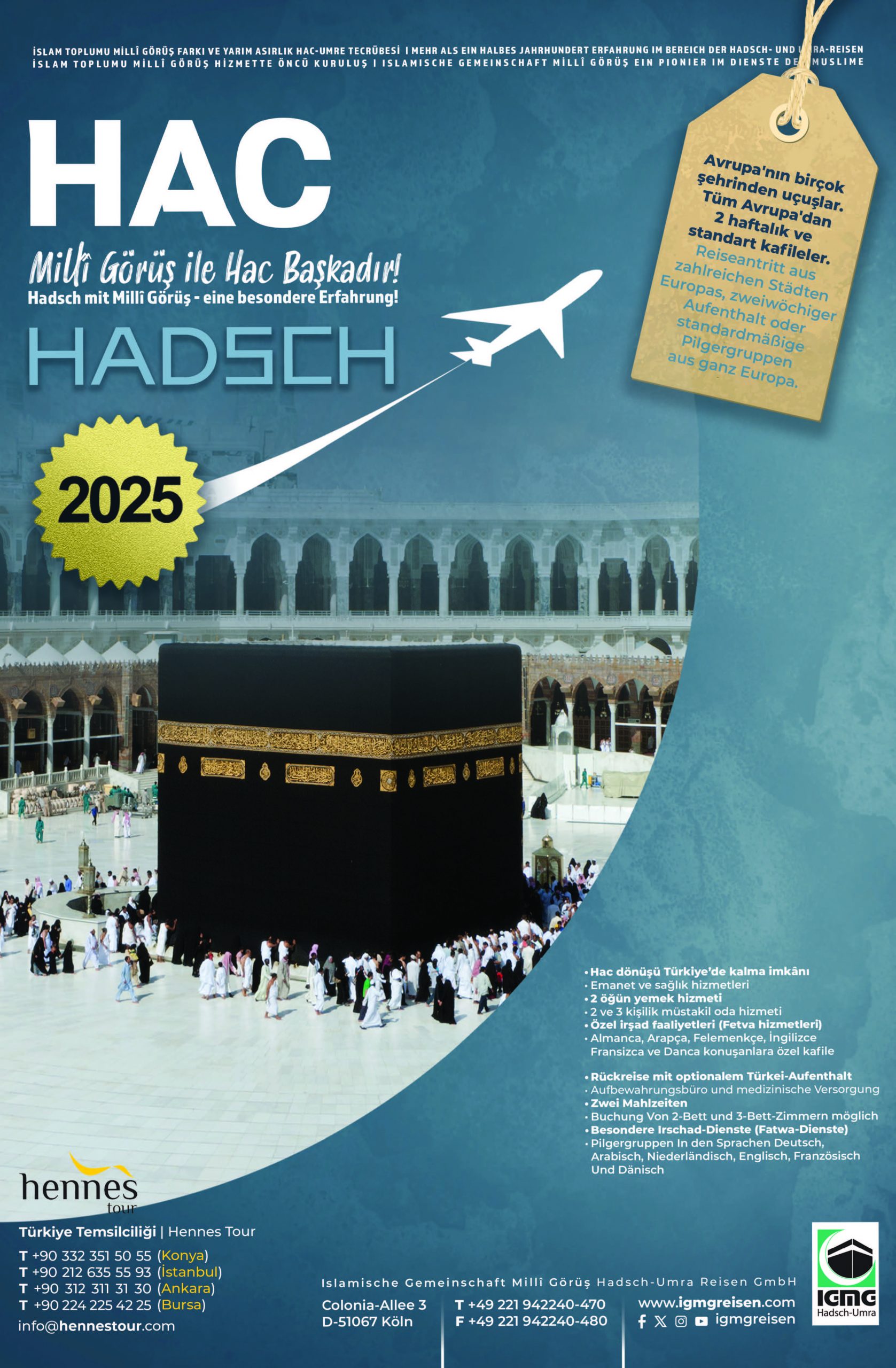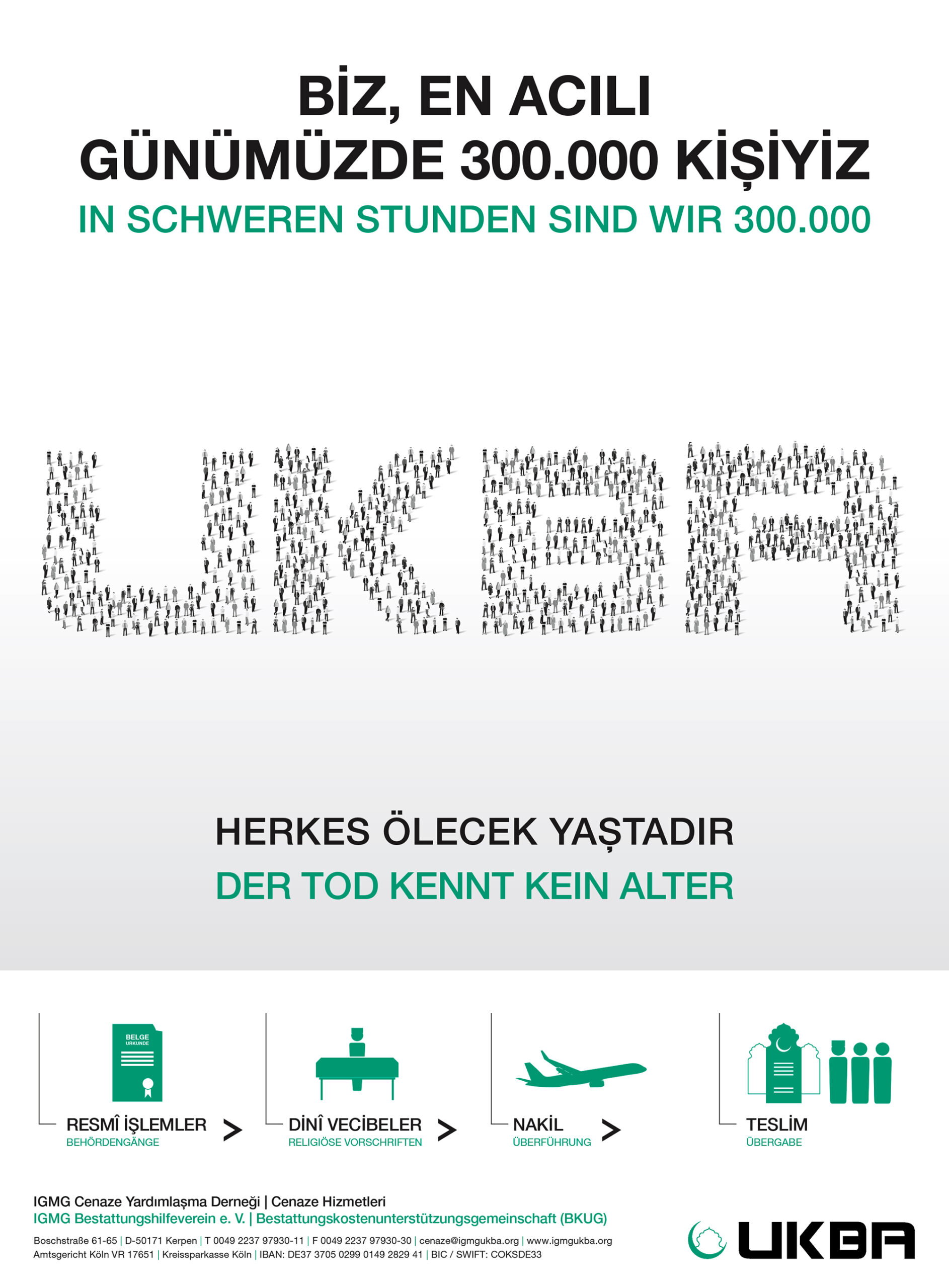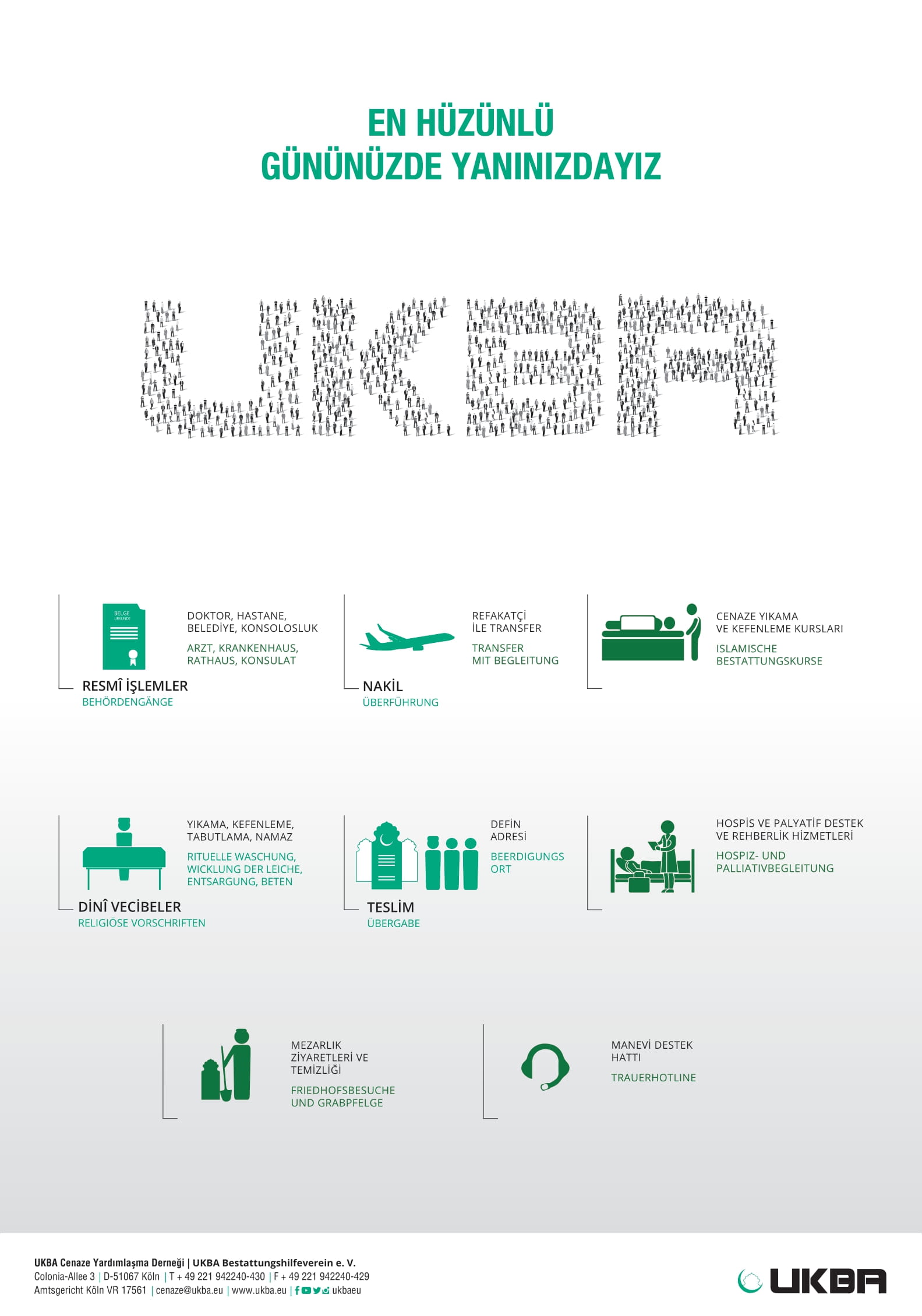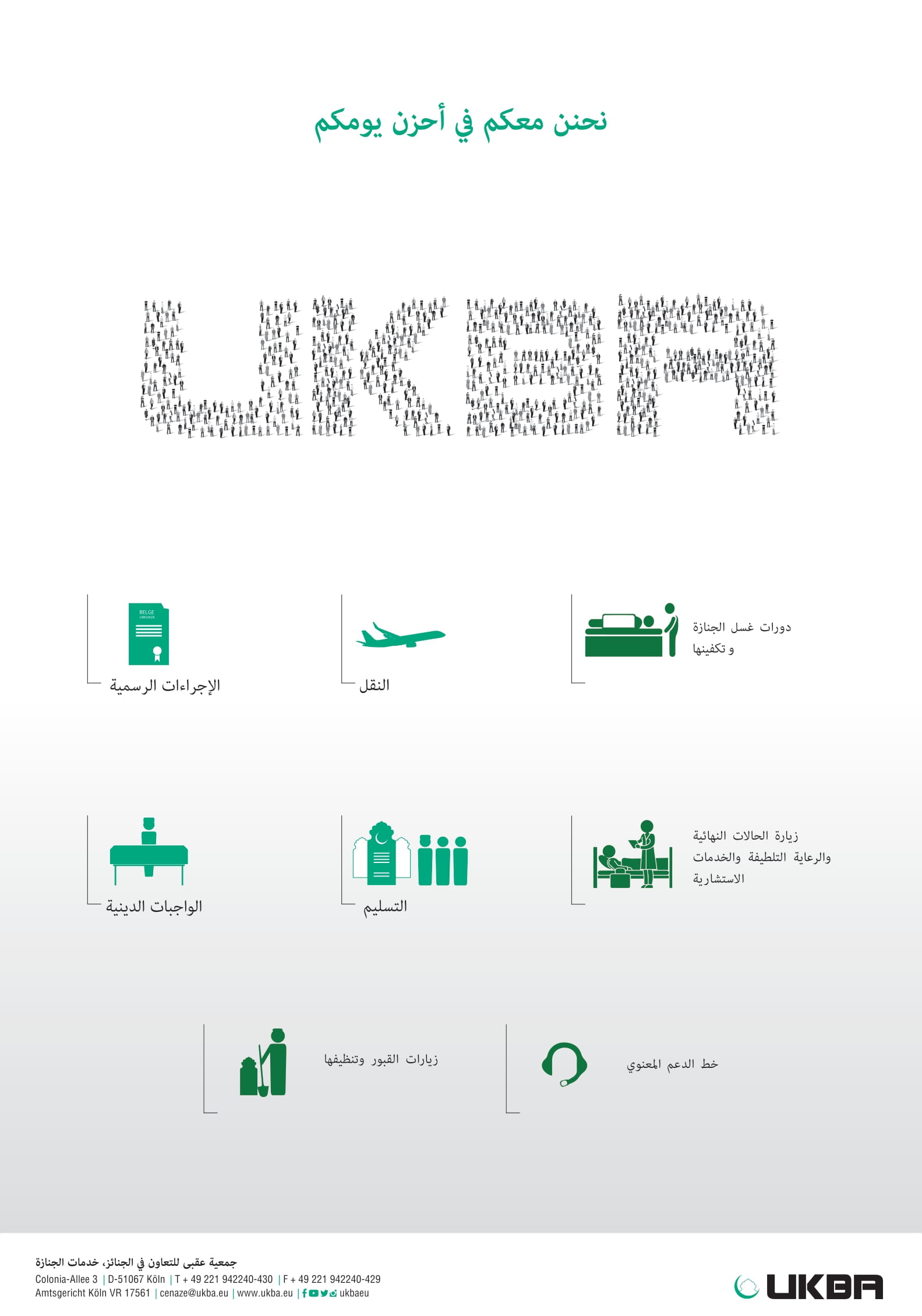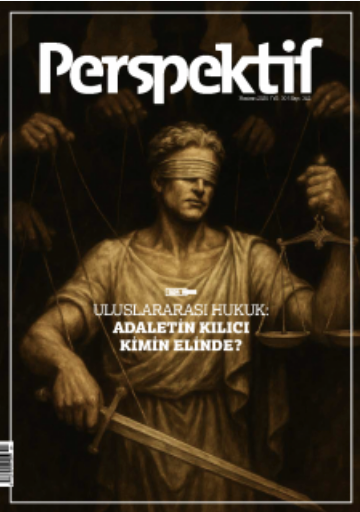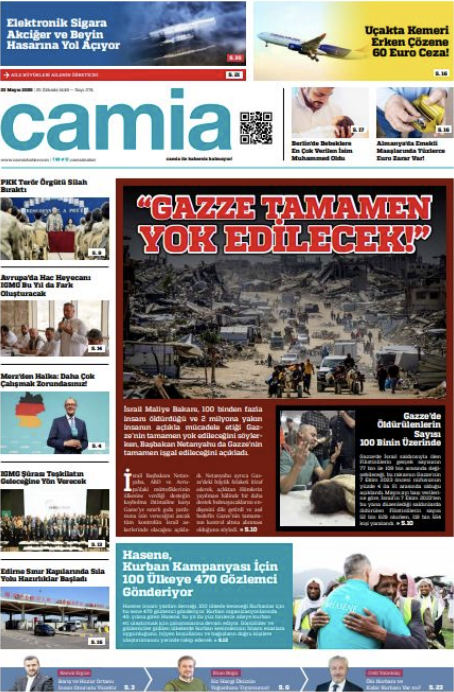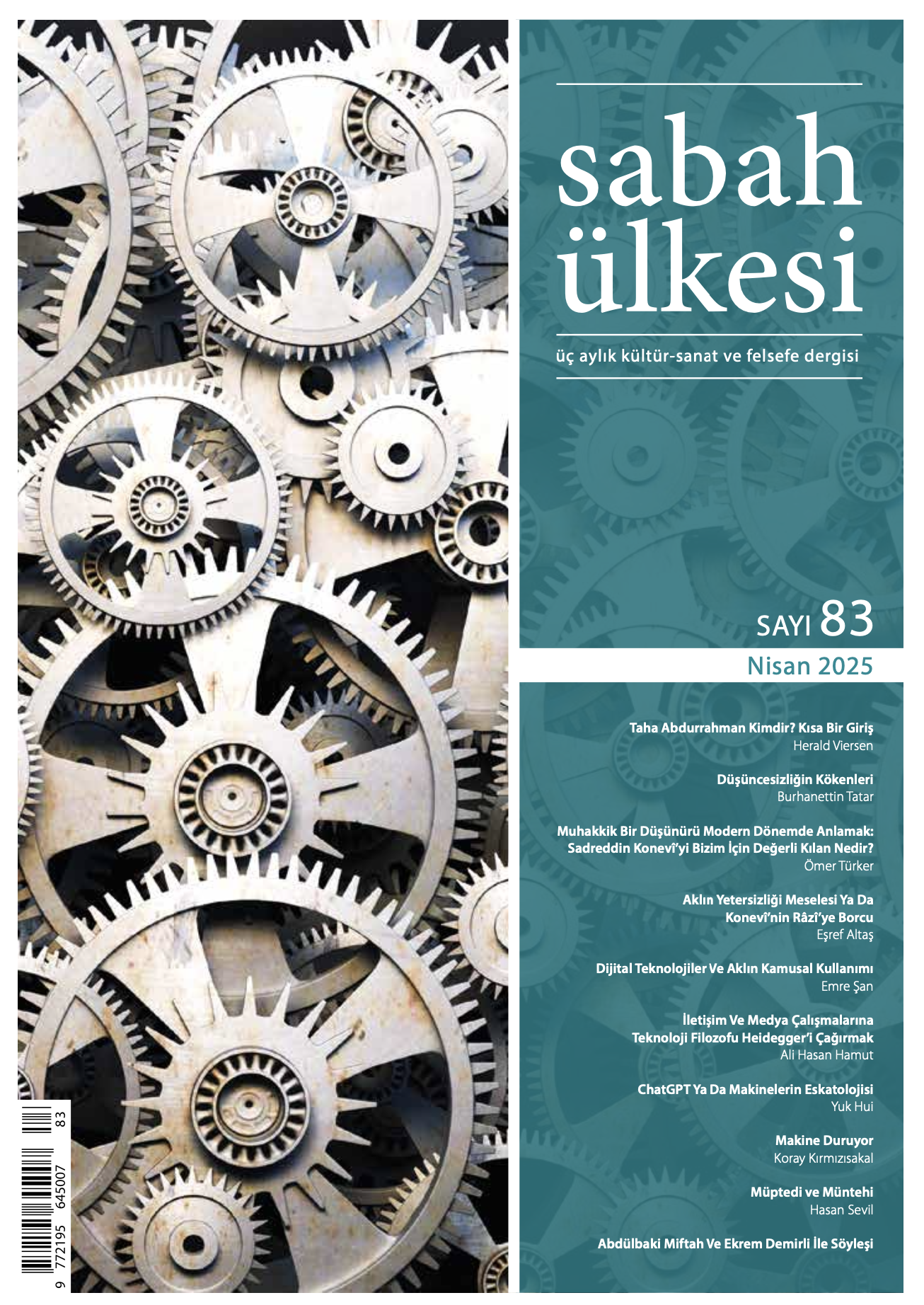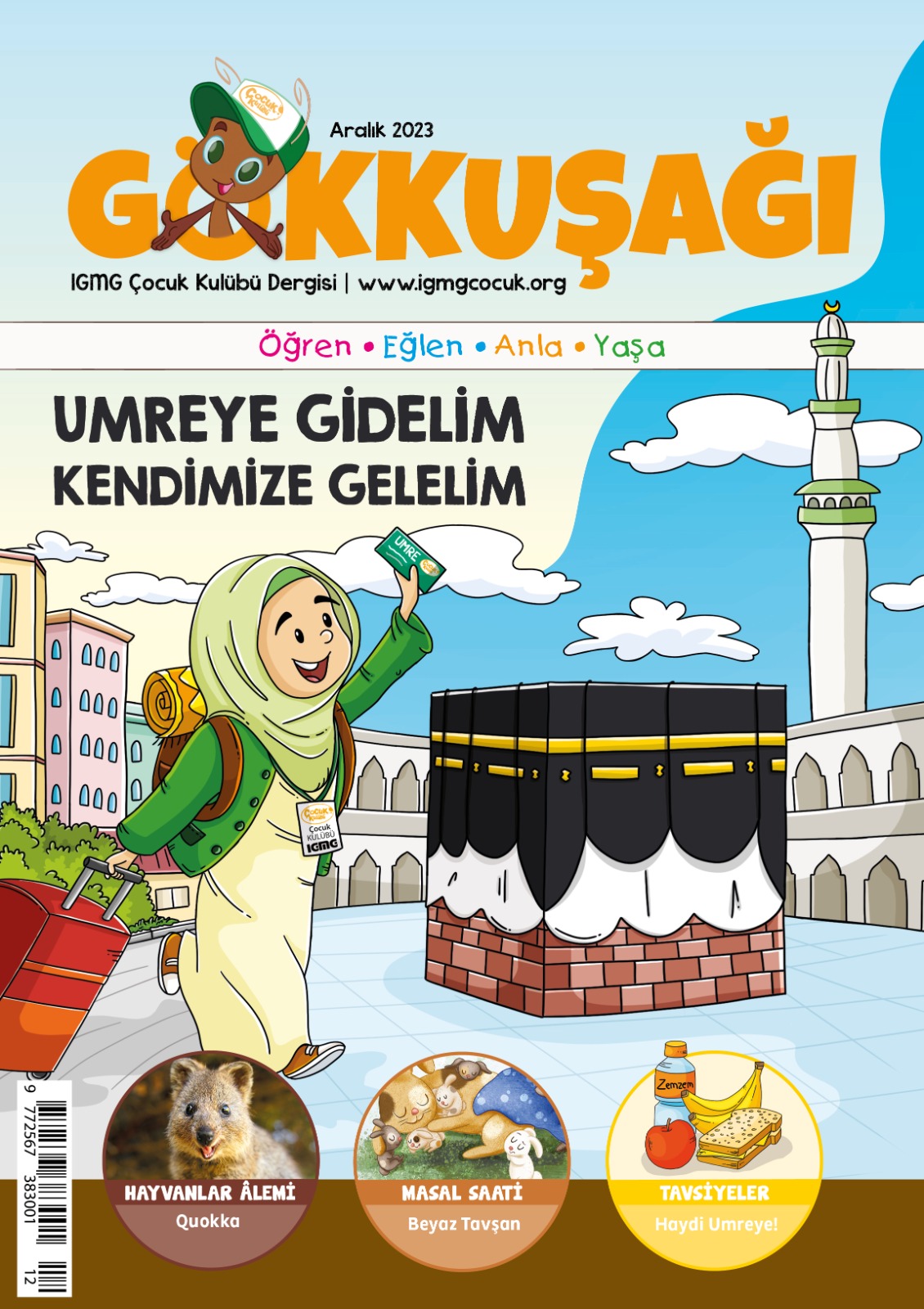Friday Khutba
Sacrifice: Living for Your Brother
07. September 2023
Dear Brothers and Sisters!
One of the virtuous qualities and behaviours expected to be developed by a Muslim based on piety (takwa) is generosity. Giving for the sake of Allah, without carelessness with what is in one’s possession, without falling into condemnable situations and without making oneself needy, is a valuable quality. The peak of generosity is being a person of “Isar.” The word “Isar,” which means “preferring one thing or person over another,” is defined as a moral term as “a person, even when in need themselves, using their resources to meet the needs of others and making sacrifices for the benefit of others.” In different definitions, Isar is seen to encompass individuals giving preference to others in matters that will bring benefits and in cases of potential harm, making an effort to protect others before themselves.
Dear Brothers and Sisters!
One of the most significant examples of “Isar” in Islamic history is the behaviour of the Ansar, which is also indicated in the verse of the Qur’an that is the topic of this khutba. Allah (swt) provides the ethical guidelines for us Muslims, especially the Ansar, in Surah Al-Hashr, verse 9: “As for those who had settled in the city and ˹embraced˺ the faith before ˹the arrival of˺ the emigrants, they love whoever immigrates to them, never having a desire in their hearts for whatever ˹of the gains˺ is given to the emigrants. They give ˹the emigrants˺ preference over themselves even though they may be in need. And whoever is saved from the selfishness of their own souls, it is they who are ˹truly˺ successful.”[1] Due to their beliefs, the believers who were exiled from Mecca, faced with torture and the threat of death, were forced to leave the city where they were born and lived. They sought refuge in another city that welcomed them and its people. In Islamic history, this event is called the ‘Hijrah,’ and the believers who migrated are referred to as ‘Muhajirun.’
We are also a community that can easily understand with the Hijrah and the Muhajirun. Ultimately, we belong to a community that has decided to leave the lands of our birth for various reasons and live in a different country.
Dear Jama’ah!
To be a giver requires the ability to empathise. In this regard, a hadith of our Prophet (saw), which we recited at the beginning of our khutba, provides an understanding. According to a narration from Enes ibn Malik, the Prophet (saw) said, “None of you truly believes until he wishes for his brother what he wishes for himself.”[2] Being Muhajir and Ansar in this context means that in any situation we find ourselves in, we should wish for others what we wish for ourselves. We should also avoid for others what we fear and avoid for ourselves. Those who embrace those seeking refuge without alienating them, those who rejoice in the improvement of their disadvantaged situations, are upon a praised and noble position. Those who, even in their own times of need, use their personal resources for the benefit of migrants are the true exemplars of “Isar”. These individuals have reached the pinnacle of generosity, protecting their souls from selfishness.
Dear Brothers and Sisters
In an age where individualism and selfishness seem to be at their peak, taking into consideration the interests of the people around us is an indicator of being a true believer. As believers who practice generosity, the easiest way to break free from individualism and selfishness is to live for each other. In our tradition, there are many examples of how “isar” positively impacts social harmony and brotherhood. If we can prioritise our brother with our actions and prayers, just like the Ansar of Medina who opened their hearts to the Muhajireen from Mecca, we can earn the praise of the Quran. So, let’s live for our brothers and sisters, prioritise them in our prayers, wish for them what we wish for ourselves and refrain from wishing for them what we wouldn’t wish for ourselves. May Allah (swt) make us among the generous believers. Ameen!
[1] Surah Al-Hashr 59:9
[2] Tirmizi, Sıfatü”l-kıyâme, 59
Khutba – english
Khutba – turkish
Khutba – german
Khutba – arabic
Khutba – french
